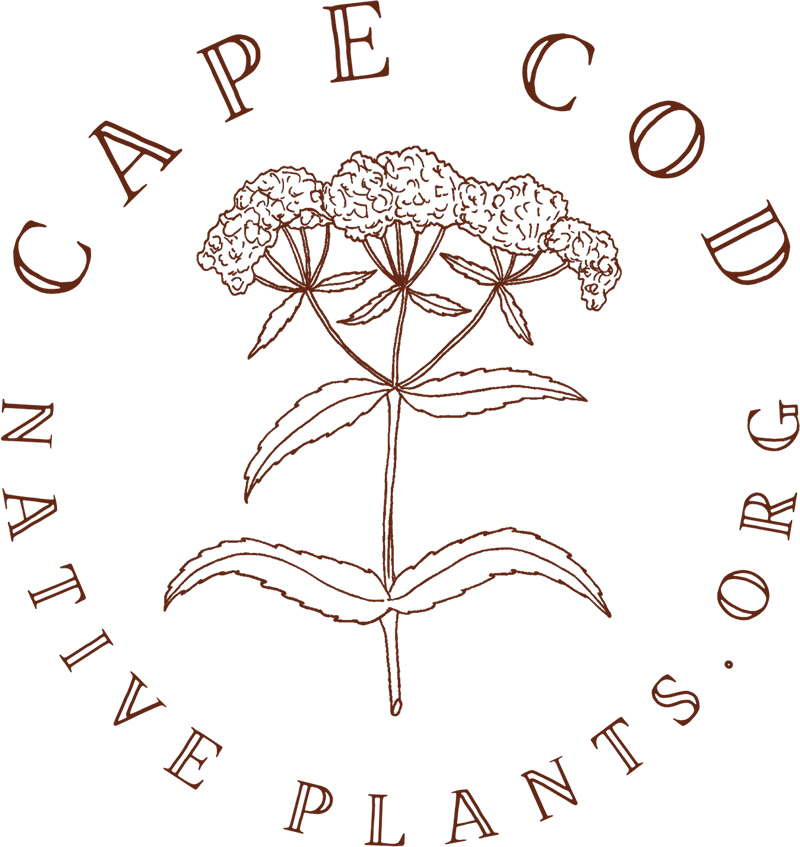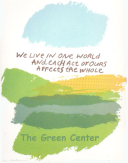Technology and Solutions
There are many groups on Cape Cod working on solutions to improve water quality and in turn reduce CyanoHABs. These efforts range from direct monitoring and mitigation of CyanoHABS to planting more native plants and educating the public on their indirect benefits.
The Massachusetts Alternative Septic System Test Center
MASSTC has been involved in cutting edge research on wastewater treatment technologies since 1999. They collaborate with local and international businesses, universities, and forward-facing entrepreneurs.
Website: https://www.masstc.org/
Cape Cod Commission
The Cape Cod Commission engages in many projects to benefit the region. One of their projects - the Freshwater Initiative - involves stakeholders and science based planning to protect and restore freshwater resources locally.
Website: https://www.capecodcommission.org/
The Green Center
The Green Center is a non-profit educational institute that evolved from The New Alchemy Institute. They support projects that demonstrate ecologically-derived forms of energy, agriculture, aquaculture, housing, and landscapes, and how people can live in harmony with nature.
Website: https://newalchemists.net/
Falmouth Pond Coalition
The Falmouth Pond Coalition has a fantastic page with links to property management resources that can be useful to homeowners and even renters about ways to make the land you live on more eco-friendly.
Website: https://www.falmouthpondcoalition.org/resources/homeowners/property-management

Cape Cod Native Plants
The goal of this site is to help plant enthusiasts select the right plant for the right place. While not all native plants presented here are indigenous to Cape Cod, they are suitable native species for Cape gardens and managed landscapes. Many native plants are drought tolerant, salt tolerant, and thrive in the “thin” soils found on Cape Cod. By planting native species appropriate for Cape Cod, you can conserve water, avoid pesticide and fertilizer use, and support pollinators and birds.
Website: https://capecodnativeplants.org/




